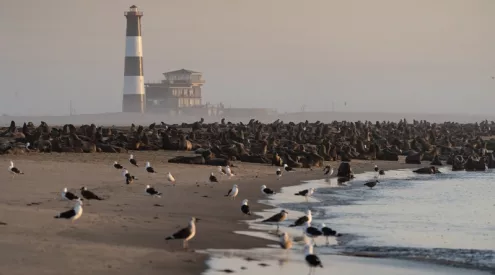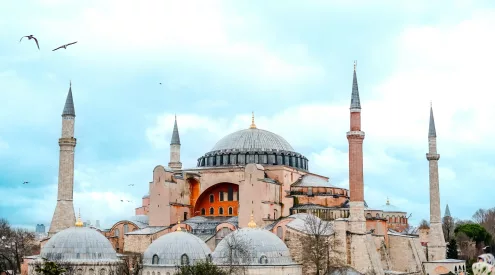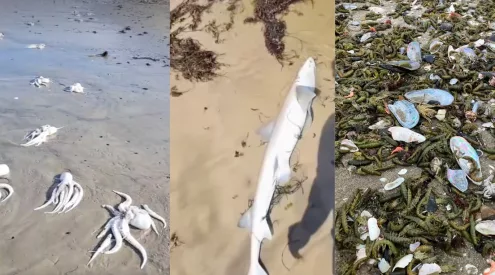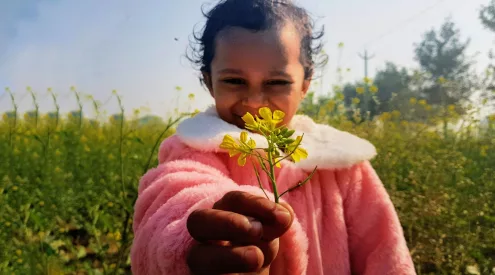South Africa has recorded a decrease in rhino poaching numbers. 2024 statistics show that 420 rhinos were poached throughout the year. This is a decrease of 79 when compared to 499 rhinos poached in the previous year.
As reported by Reuters, rhino horns (which are made primarily from keratin – a protein also found in human hair and fingernails) are prized in some East Asian countries for purposes of making jewellery and traditional medicine.
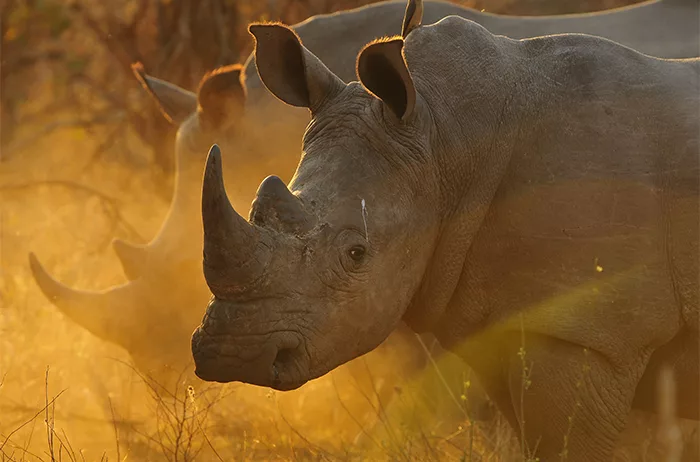
Picture: Sourced
South Africa is home to nearly half of the endangered black rhino population on the African continent. The country also boasts the world’s largest population of white rhinos.
According to Bizcommunity, the government has acknowledged the efforts of rangers and other relevant stakeholders in fighting against rhino poaching.
‘As we intensify the fight against wildlife poaching, it is encouraging to see that the work of the rangers, the Department of Forestry, Fisheries and the Environment and other key role players is steadily gaining momentum,’ said Dr Dion George who is the Minister of Forestry, Fisheries and the Environment.
From the 420 rhinos poached in South Africa from January to December 2024, 320 of them were killed on State properties, and 100 in privately-owned parks, reserves or farms.
ALSO READ: Elephants appear unharmed after truck transporting them overturns
According to the Minister, the KwaZulu-Natal province continues to be a rhino poaching hotspot.
‘The hardest hit province continues to be KwaZulu-Natal (KZN), which lost 232 rhinos. However, this is a notable decline from the 325 that were lost in 2023.
The significant reduction can largely be attributed to the Ezemvelo KZN Wildlife Dehorning Programme, which was implemented in the Hluhluwe-iMfolozi Park from April to October 2024,’ he said.
The Minister also expressed concern regarding the surge in rhino deaths at the iconic and world-famous Kruger National Park.
ALSO READ: Kruger National Park loses 35 rhinos to poaching in first few weeks of 2025
In continuing to clamp down on poaching, the government has introduced lie-detector tests for staff members at poaching hotspots such as Hluhluwe-iMfolozi Park and the Kruger National Park, amongst other strategies.
‘We need to continue to integrate and focus our effort through our existing programmes and forums, including the Integrated Wildlife Zones Initiative, the work of the South African Anti-Money Laundering Integrated Taskforce, Illegal Wildlife Trade Task Force, and the various task teams residing under the National Joint Operational and Intelligence Structure Priority Committee on Wildlife Trafficking,’ said the Minister.
He further expressed a continued commitment to fighting against the rhino poaching crisis.
‘We remain committed to the fight against rhino poaching and I believe that a renewed strengthening of our agreements and operational protocols with key countries should be our focus for 2025.’
Follow us on social media for more travel news, inspiration, and guides. You can also tag us to be featured.
TikTok | Instagram | Facebook | Twitter
ALSO READ: New lion genes introduced to boost genetic diversity at Addo Elephant National Park

